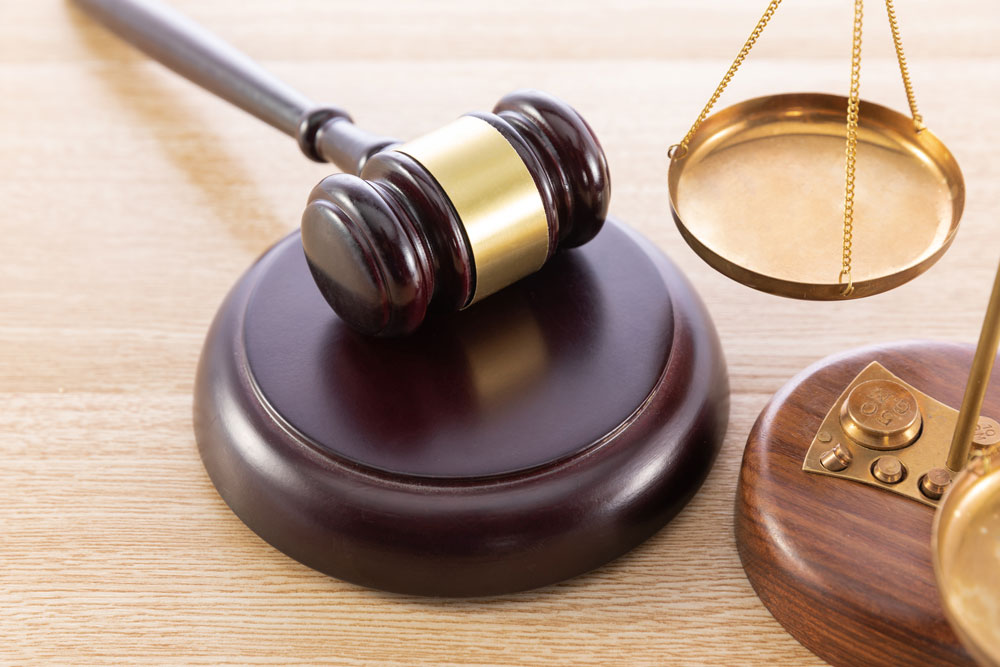
The Court continued in relevant part: In Strickland, the United States Supreme Court set forth a standard for determining whether an attorney’s inadequacy deprived a defendant of the level of assistance guaranteed by the Constitution, warranting reversal of a conviction. The Supreme Court of New Jersey Court has applied the Strickland standard to claims of ineffective assistance brought under the State Constitution. That standard has two prongs. First, the defendant must show that counsel’s performance was deficient. Second, the defendant must have been prejudiced by counsel’s deficient performance. Under the prejudice prong, the defendant must show that there is a reasonable probability that, but for counsel’s unprofessional errors, the result of the proceeding would have been different. That is an exacting standard.
The Court reviews two particularly instructive cases: State v. Allegro, 193 N.J. 352 (2008), and Pierre. In Allegro, the Court found that the defendant was not prejudiced by defense counsel’s failure to call proposed alibi witnesses because the content of their testimony would not have “directly or tangentially addressed the State’s proofs” that the defendant was solely responsible for the marijuana-growing operation for which he was convicted, and because the “belatedly tendered” additional witnesses would have contradicted the trial witnesses and therefore could have been harmful to defendant at trial. 193 N.J. at 370.
In Pierre, the defendant asserted an alibi defense to charges relating to an early-morning shooting in New Jersey — he alleged that he was traveling to Florida to visit family at the time of the shooting. 223 N.J. at 567, 569-70. In support of that alibi, the defense offered both a speeding ticket issued in South Carolina several hours before the shooting and a phone bill and related testimony from the defendant’s girlfriend showing that she had received a call from South Carolina not long before the shooting. Id. at 569. The Court found counsel’s failure to pursue defendant’s alibi defense prejudicial, particularly because the State’s proofs against the defendant were limited. Id. at 584-88.
An interesting issue arises when the defendant discloses strong alibi proofs for the first time during a PCR proceeding. Under those circumstances, trial counsel had no basis to investigate the alibi claims and therefore did not perform “deficiently.” Thus, there would be no traditional post-conviction relief basis even though the defendant has strong proof of actual innocence.
